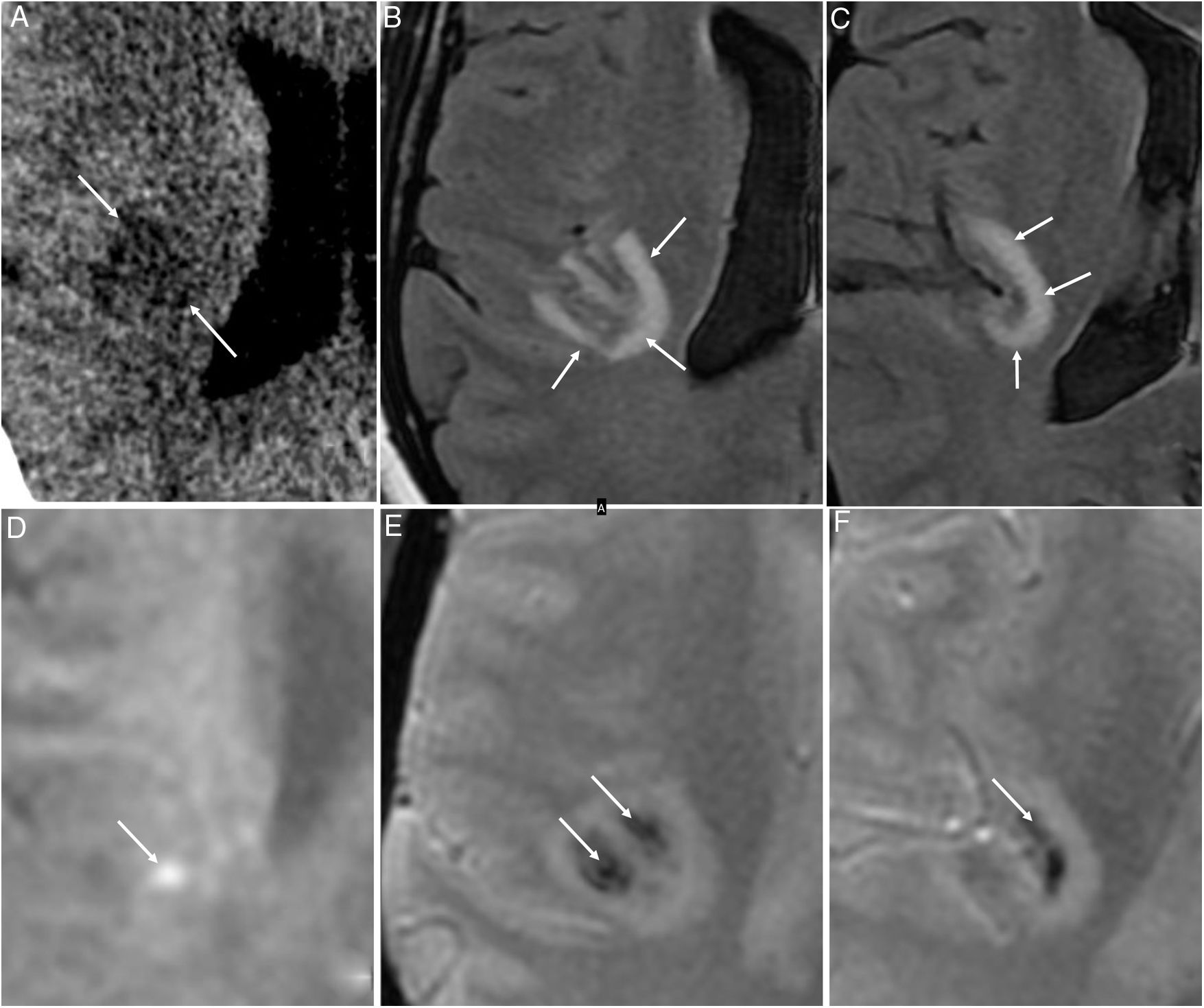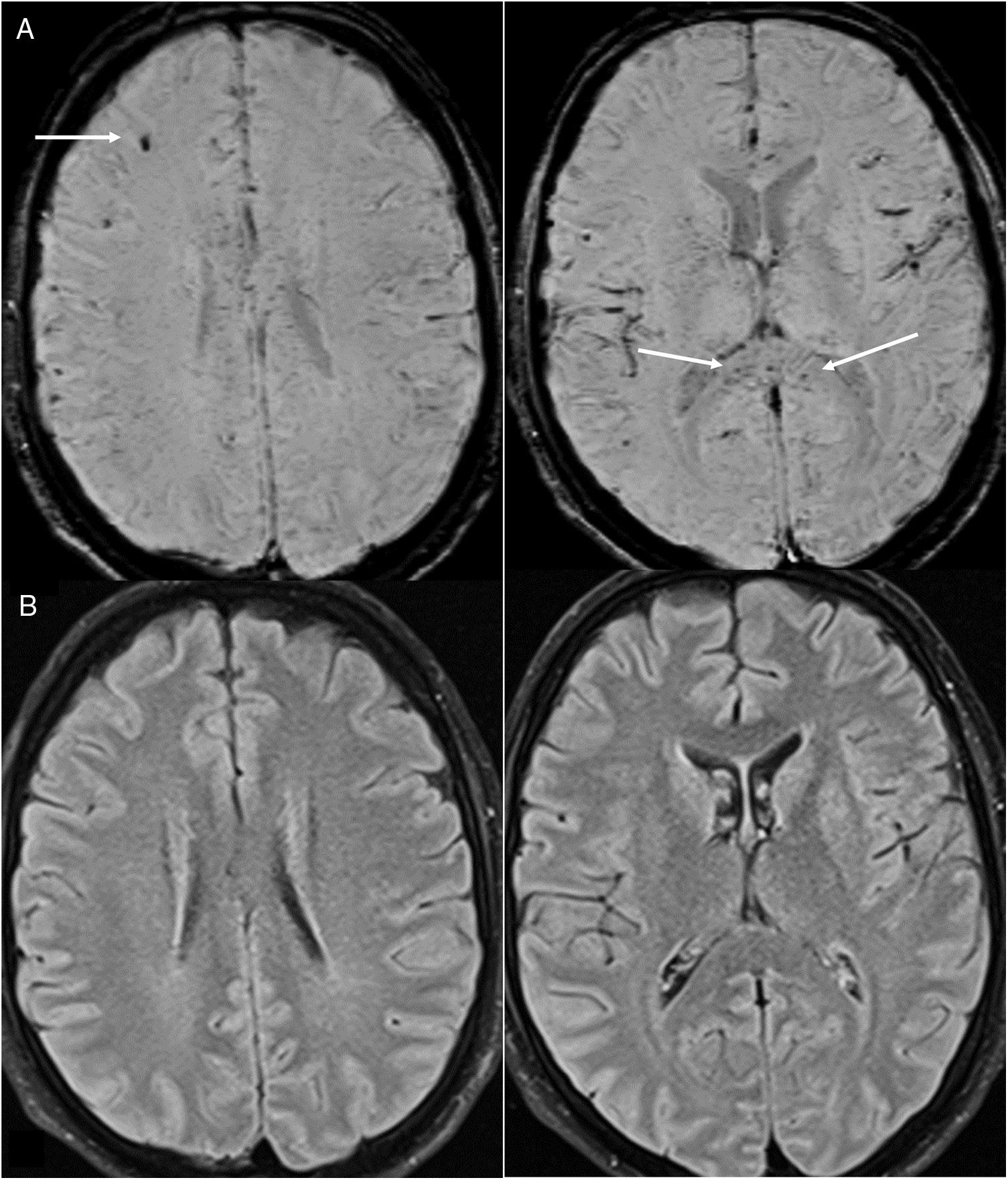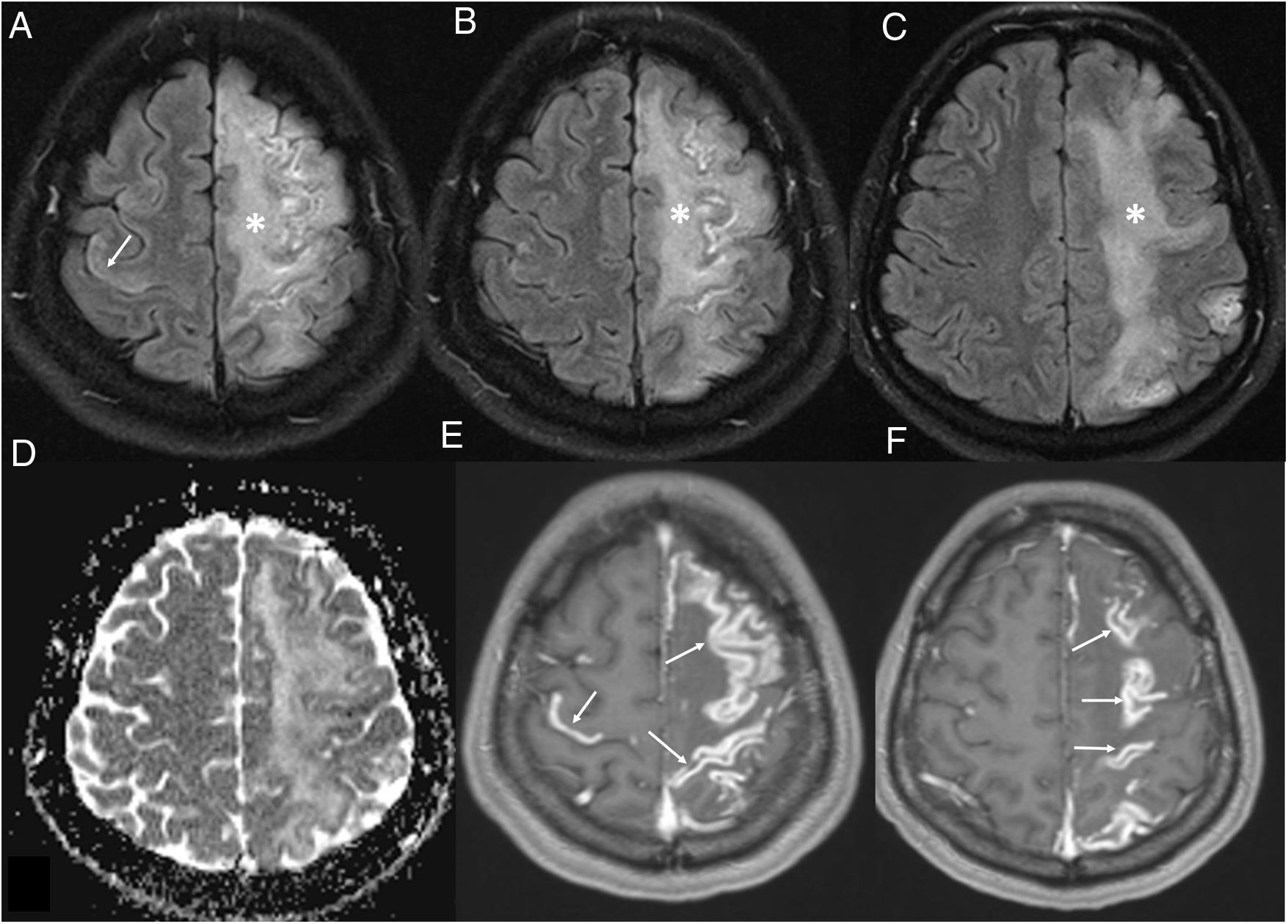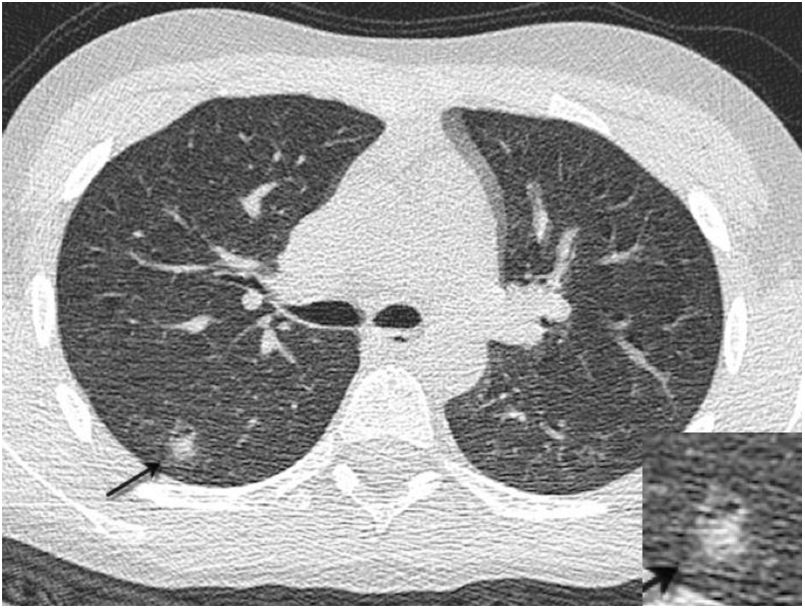El síndrome de distrés respiratorio grave por el virus coronavirus 2, conocido como SARS-CoV-2, fue declarado pandemia mundial en marzo de 2020 por la Organización Mundial de la Salud y sigue activo actualmente en casi todos los países del mundo. Aunque los síntomas y manifestaciones en pruebas de imagen predominan en el aparato respiratorio, conocer las manifestaciones y posibles complicaciones en otros órganos será fundamental para ayudar al diagnóstico y orientar hacia el pronóstico de la enfermedad. Saber cuándo están indicadas las pruebas de imagen extratorácicas y cuáles son más rentables en cada circunstancia será crucial para mejorar el proceso diagnóstico sin aumentar innecesariamente el riesgo de contagio. En este trabajo hemos tratado de proporcionar estas respuestas, y hemos descrito iconográficamente las manifestaciones radiológicas de la enfermedad COVID-19 en regiones extratorácicas en adultos, así como en su conjunto en el paciente pediátrico.
In March 2020, the World Health Organization declared a global pandemic of COVID-19, caused by the severe acute respiratory syndrome coronavirus 2 (SARS-CoV-2); epidemic conditions continue in nearly all countries today. Although the symptoms and imaging manifestations of COVID-19 predominantly involve the respiratory system, it is fundamental to know the manifestations of the disease and its possible complications in other organs to help in diagnosis and orient the prognosis. To improve the diagnostic process without increasing the risk of contagion unnecessarily, it is crucial to know when extrathoracic imaging tests are indicated and which tests are best in each situation. This paper aims to provide answers to these questions. To this end, we describe and illustrate the extrathoracic imaging manifestations of COVID-19 in adults as well as the entire spectrum of imaging findings in children.


















